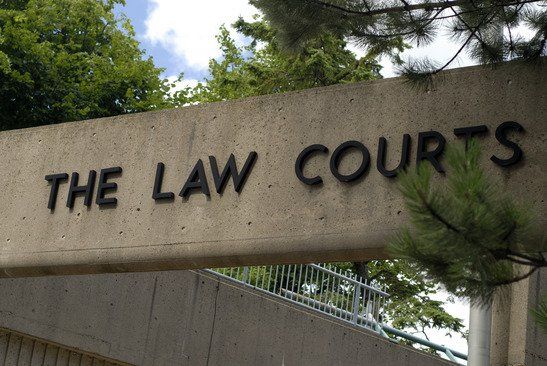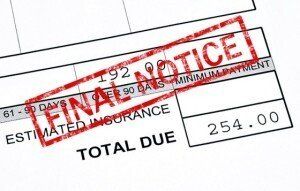What are the Steps in a Short Sale?
What is a short sale? It’s when a house is sold at fair market value even if the amount owed on the mortgage for the property is a higher amount. When a borrower agrees to sell a house as a short sale, he or she will often be relieved of having to pay the leftover amount.
Unfortunately, short sales aren’t a sure thing, and they often fail because of issues like liens against the property or problems with the title on the property. However, not all short sales fall through, and understanding the basic process can help you decide whether this avenue is something you should pursue.

Step One: Assessing the Value of the Property
A short sale can only happen if the homeowner is upside-down on the mortgage loan, which means more is owed on the loan than what is considered the home’s fair market value. Getting a valuation analysis before any other work is done to proceed with a short sale will reduce the likelihood of the process failing because the house is worth too much.
Step Two: Obtaining a Hardship Letter
A homeowner will have to prove that a short sale is the only avenue available. Usually, a short sale is an option a homeowner pursues so that he or she can avoid bankruptcy or foreclosure. A hardship letter must convince the lender that there is no other option but a short sale.
Step Three: Initiate the Process with an Application
The borrower who wants to short sale the house must fill out an application with the lender. Buyers and investors can’t pursue a short sale with a buyer until the buyer initiates the process with the bank or lender.
Step Four: Write a Sales Contract
Like any other real estate transaction that involves the transfer of property, the sale cannot be completed without a purchase agreement, which is the standard contract between a seller and the buyer. An arm’s length affidavit may need to accompany the sales contract. The affidavit states that there are no conflicts between the seller and buyer that the house is truly being sold for its true market value.
Step Five: Review of the Short Sale Documents
The lender will employ a loss mitigator who will evaluate the contract and agreement to ensure that the best option for everyone involved is a short sale. The process may take some time to complete.
Step Six: Negotiations and Closing
After the loss mitigation review is complete, the process can continue if the lender approves the offer. Sometimes, the offer is rejected outright, but sometimes rejections may be reversed if certain conditions are met.
Do You Need Assistance With a Short Sale?
Are you thinking about a short sale? Would you like to know more about the short sale process? Contact Suburban Legal Group for assistance with all matters relating to real estate law and short sales.
DISCLAIMER: All information on this website is provided for informational purposes only and is not intended to be construed as legal advice. Suburban Legal Group PC shall not be liable for any errors or inaccuracies contained herein, or any actions taken in reliance thereon.

















